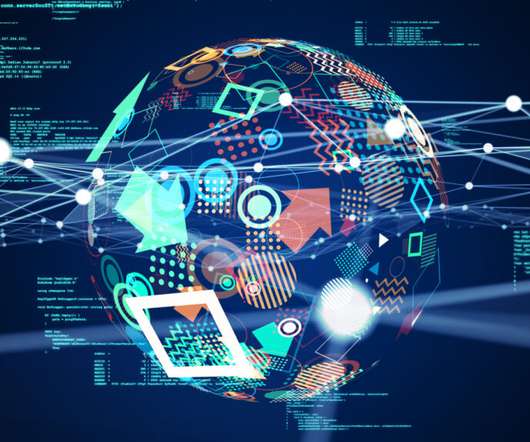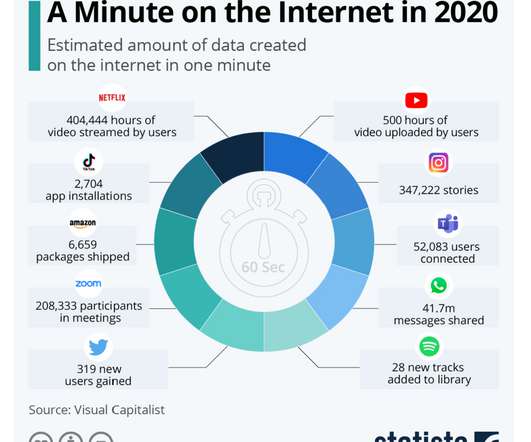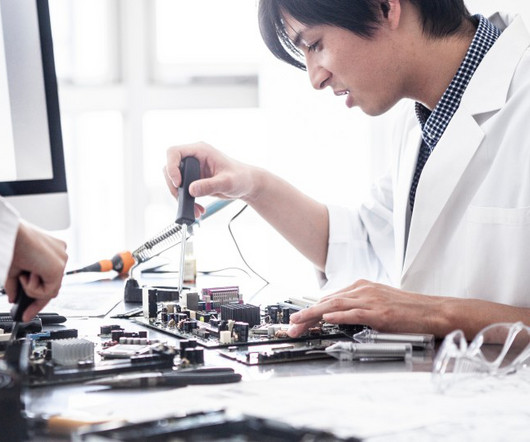FPGA vs. GPU: Which is better for deep learning?
IBM Big Data Hub
MAY 10, 2024
Beyond artificial intelligence (AI) , deep learning drives many applications that improve automation , including everyday products and services like digital assistants, voice-enabled consumer electronics, credit card fraud detection and more. Deep learning requires a tremendous amount of computing power.













Let's personalize your content